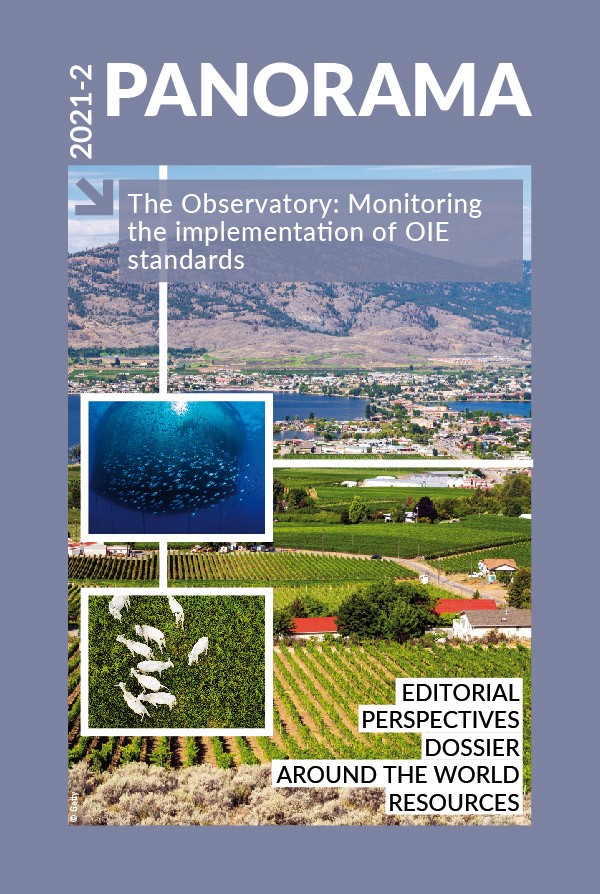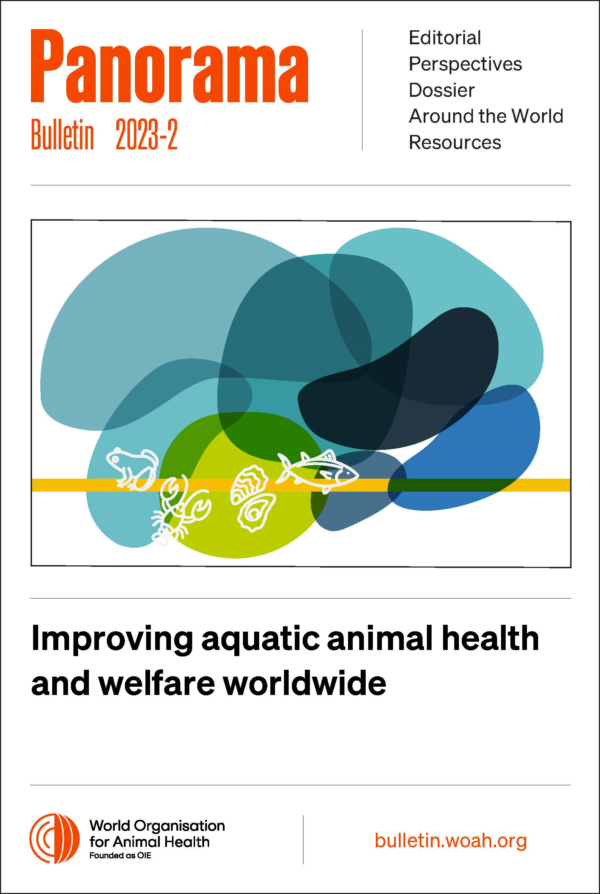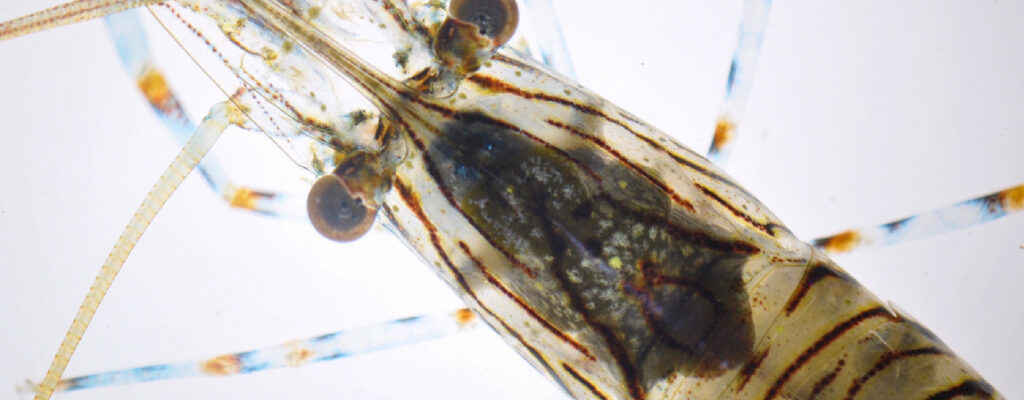Around the world Posted on 2021-12-20 15:18:32
Network initiatives
AMR−Lex, a new platform to access relevant legislation on antimicrobial resistance
Keywords
Authors
Andres Vatter Rubio(1) & Carmen Bullón Caro(1)
(1) Food and Agriculture Organization of the United Nations (FAO).
© Food and Agriculture Organization of the United Nations, 2021.
The views expressed in this publication are those of the author(s) and do not necessarily reflect the views or policies of the Food and Agriculture Organization of the United Nations.
AMR-Lex provides access to some 27,000 legislative and policy documents from around the world. This information is organised into three clusters, each composed of several domains and regulatory areas:
- regulation of antimicrobials (veterinary medicinal products, medicated feed, pesticides)
- antimicrobial contamination in food and the environment (food safety, soil, waste, water)
- preventative regulatory frameworks (animal health and production, plant health).
It is a subset database of FAOLEX, the Food and Agriculture Organization of the United Nations’ (FAO’s) comprehensive and up-to-date online repository of regional, bilateral and national laws, regulations, policies and agreements on food, agriculture and natural resources management.
Together with AMR-Lex, and with the support of the World Organisation for Animal Health (OIE), FAO has developed a methodology to analyse AMR-relevant legislation in the food and agriculture sector. This methodology examines the relevant regulatory areas for AMR and can help to assess the compatibility of national and regional legal instruments with international standards and good practices. The methodology has been piloted in more than 20 countries and regional organisations [1].
As a next step, the Tripartite Organisations (FAO, OIE and WHO) will work on the development of a One Health methodology that takes into full consideration human, animal and environmental sectors.
FAO Antimicrobial Resistance Portal
https://doi.org/10.20506/bull.2021.2.3292
References
- Food and Agriculture Organization of the United Nations (FAO) (2020). – Methodology to analyse AMR-relevant legislation in the food and agriculture sector. Guidance document for regulators. Draft for public review. 40 pp.
- World Health Organization (WHO), Food and Agriculture Organization of the United Nations (FAO) & World Organisation for Animal Health (OIE) (2020). – International instruments on the use of antimicrobials across the human, animal and plant sectors. 60 pp.
- World Health Organization (WHO), Food and Agriculture Organization of the United Nations (FAO) & World Organisation for Animal Health (OIE) (2021). – Antimicrobial resistance and the United Nations sustainable development cooperation framework. Guidance for United Nations country teams. 24 pp.












